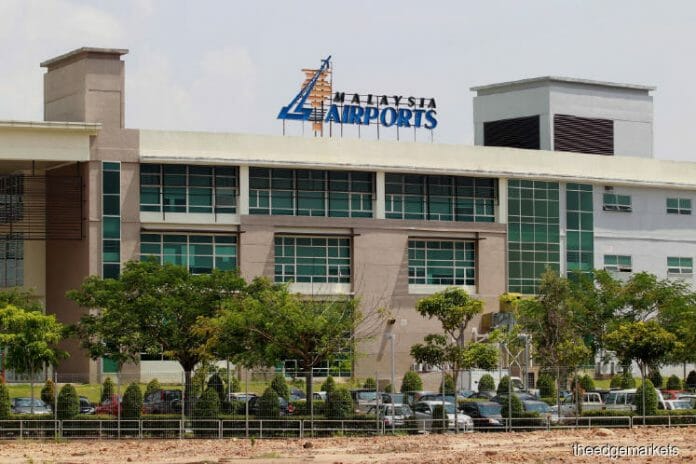The passenger service charges (PSC) for international travel have been standardised (via both upwards and downwards revisions) to RM73 per pax for KLIA Terminal 1, and RM50 per pax for KLIA Terminal 2 and other airports. A new transfer PSC for transit passengers has also been introduced. Kenanga says these changes are earnings accretive to Malaysian Airport Holdings Berhad.
The house raises its FY24-25F net profit forecasts by 12% each and lifts TP by 13% to RM9.00 (from RM8.00) but maintains MARKET PERFORM call as it believes the earnings upside has been fully priced in.
The Malaysian Aviation Commission yesterday announced the revisions to the Passenger Service Charges for the First Regulatory Period (RP1), with effect from 1 June 2024 to 31 December 2026. Specifically, the PSC rates are for international travel i.e. ASEAN and beyond ASEAN. PSC have been unified into a single international departure of RM73 per pax for KL International Airport (KLIA) Terminal 1, and RM50 per pax for KLIA Terminal 2 and other airports. MAVCOM is also introducing a transfer PSC for passengers transiting through a Malaysian airport. The rate for domestic travel through all airports is RM7, while the rates are RM42 for international travel through KLIA Terminal 1 and RM29 for international travel through KLIA Terminal 2 and other airports.
For KLIA Terminal 1, there was an increase in PSC for ASEAN by 109% from RM35 to RM73/pax. However, in Terminal 2, PSC rate for ASEAN is higher by 43% from RM35 to RM50 per pax. On the contrary, PSC rate for beyond ASEAN (non-ASEAN) was lowered by 32% from RM73 to RM50.
Kenanga said it is positive on this latest development which is expected to be earnings positive to AIRPORT. Nevertheless, it believes this latest tariff rate might not be sufficient to raise sufficient cash flows given the urgency for airport expansion and maintenance capex in Malaysia to enable AIRPORT to accumulate the required cash for capex purposes.
In a Third Consultation Paper (CP3), the Commission will provide further details on the longer-term regulatory framework that will apply from RP2. The Commission will defer the transition to a cost-based approach to setting aviation charges until RP2 (commencing 1 January 2027).
MAVCOM’s view is consistent with the Second Consultation paper that cost-based approaches to setting tariffs would be impractical for RP1 when demand is low and uncertain as the sector continues its slow recovery, hence demand over the course of RP1 will continue to be below pre-pandemic trends, meaning that average costs will likely be higher than those seen prior to the pandemic. As such, there is a significant risk of understating or overstating AIRPORT’s average costs.
This could result in a significant increase in tariffs. The Commission proposes to reassess the timing of this transition prior to the start of RP2.









